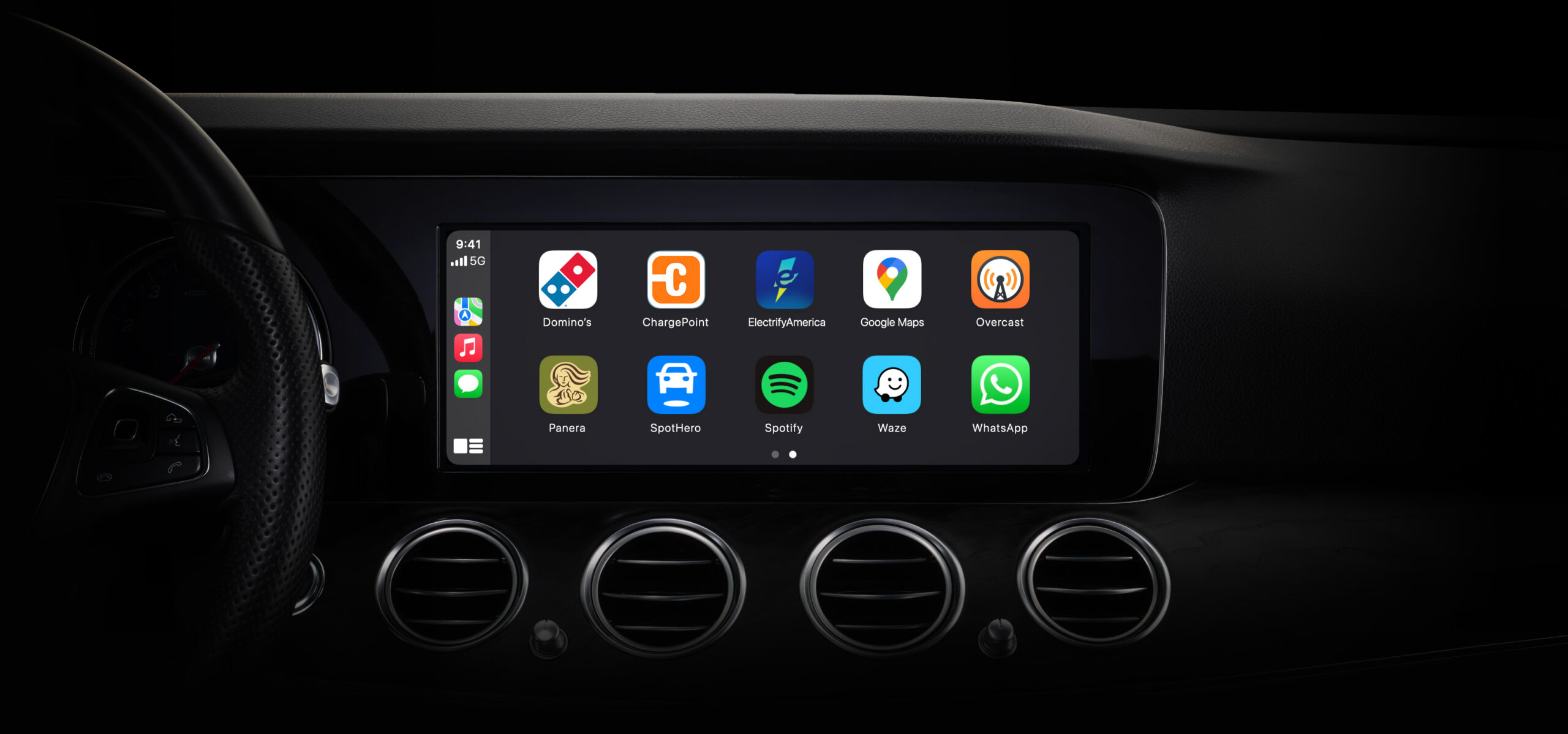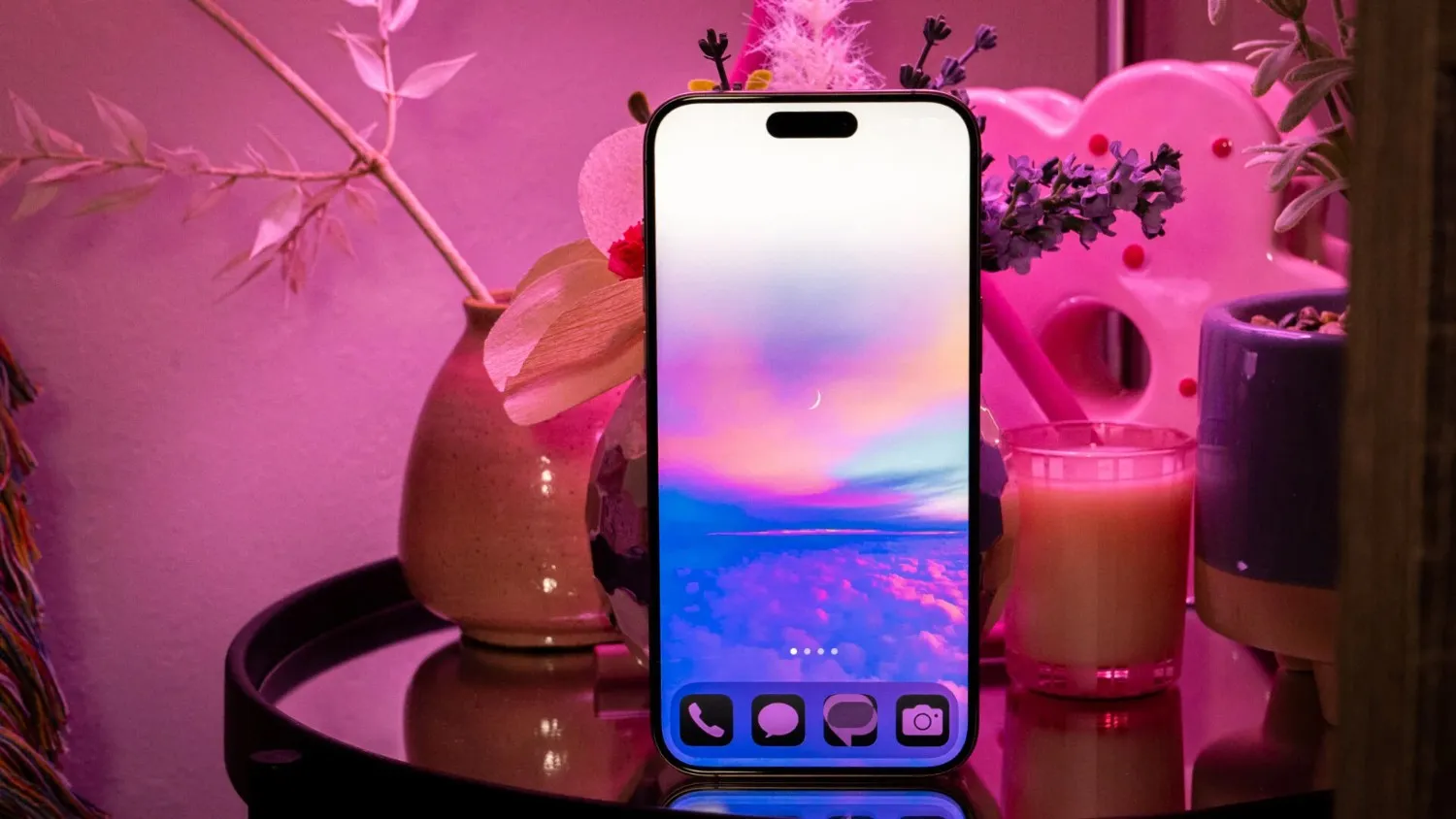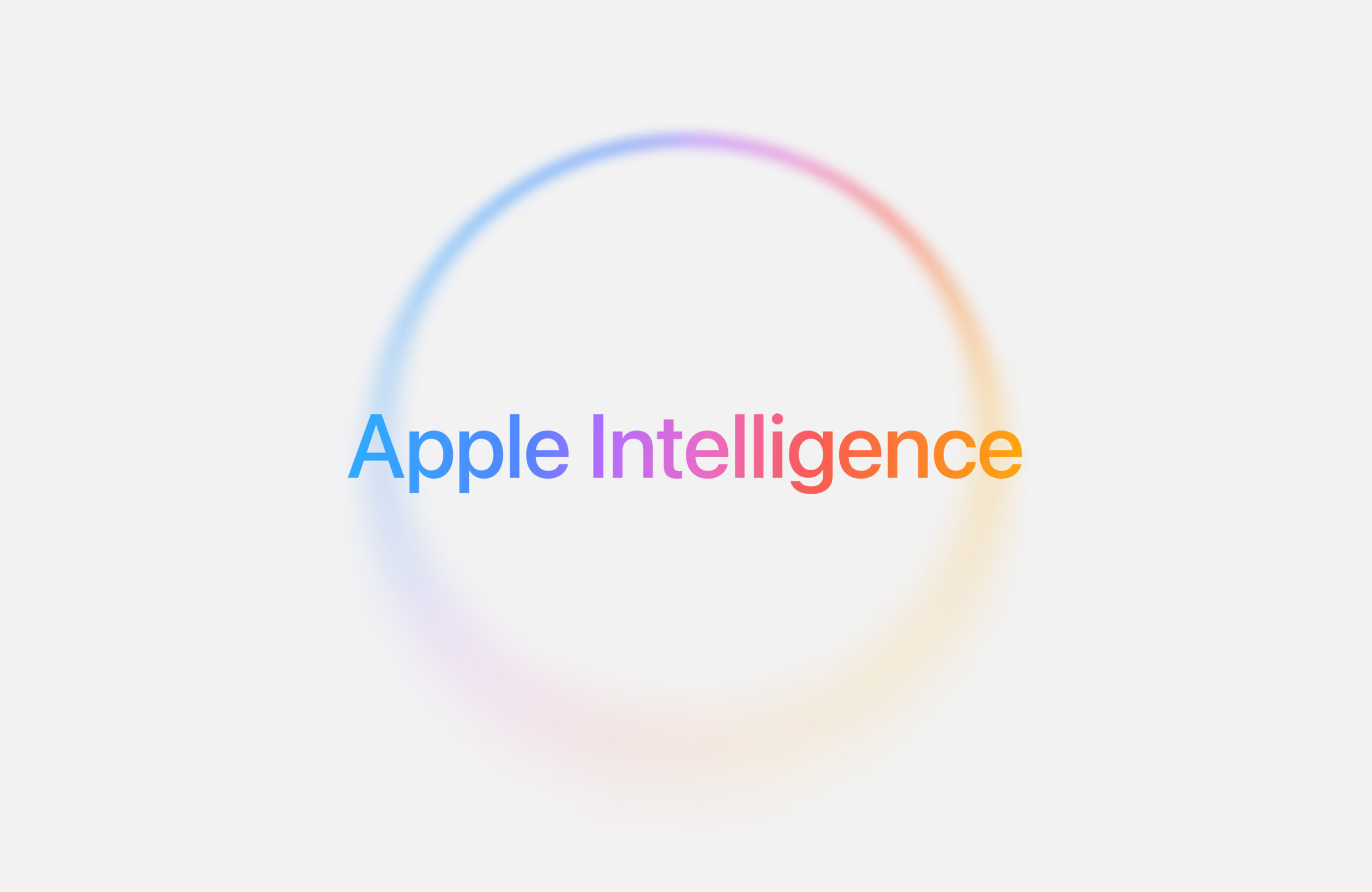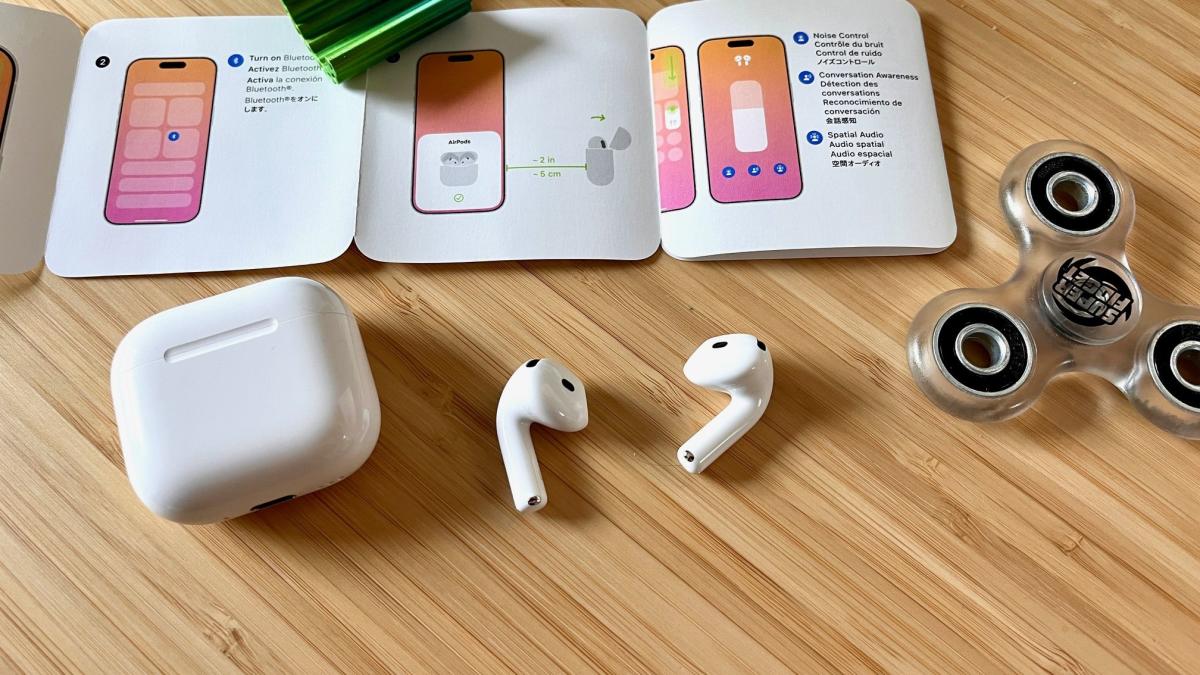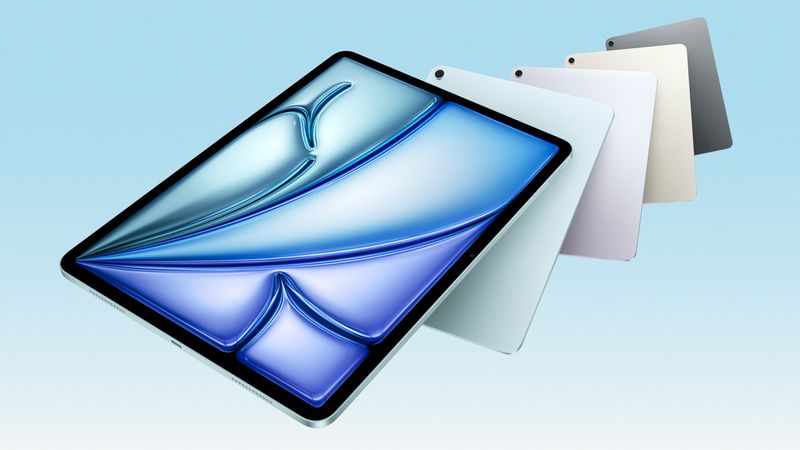Apple’s long-rumored smart glasses might finally be on their way. A new report from The Information says that Apple has finished making important parts for the glasses. These are called “project mirrorshades,” and they have now passed a big design step known as EVT (Engineering Validation Test). This means the glasses are getting closer to being ready for customers.
The smart glasses are expected to look like regular eyeglasses but be packed with smart features. Apple is working carefully on making them light, stylish, and comfortable. Right now, they are still heavier than normal glasses because of all the tech inside. To fix this, Apple is thinking about moving some heavy parts, like the battery, to a separate device that users could wear around their neck.
The glasses will also use special displays and new software to offer a strong AR (augmented reality) experience. However, they are not expected to replace the iPhone anytime soon — at least in the beginning. Instead, they might work closely with the iPhone to provide cool new ways to interact with apps and information.
Even though there’s no official release date yet, these latest developments show Apple is moving forward. Some experts believe the smart glasses could arrive by 2027 if everything goes smoothly.

